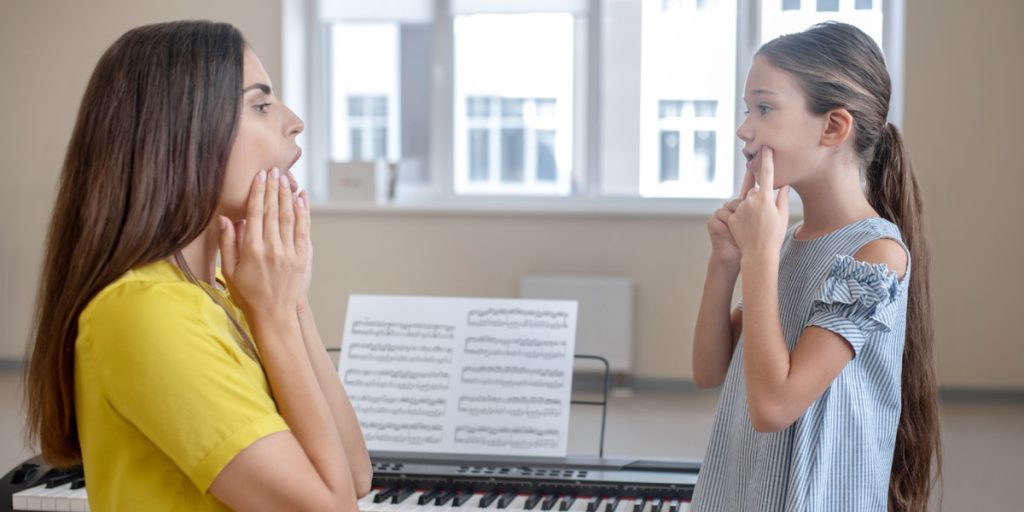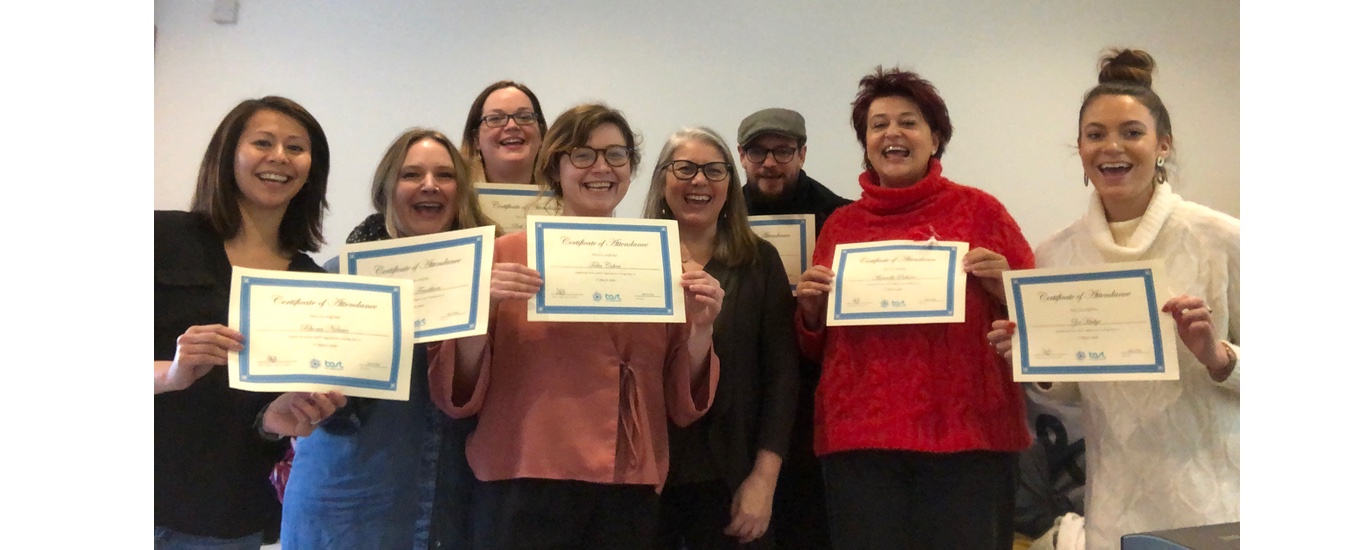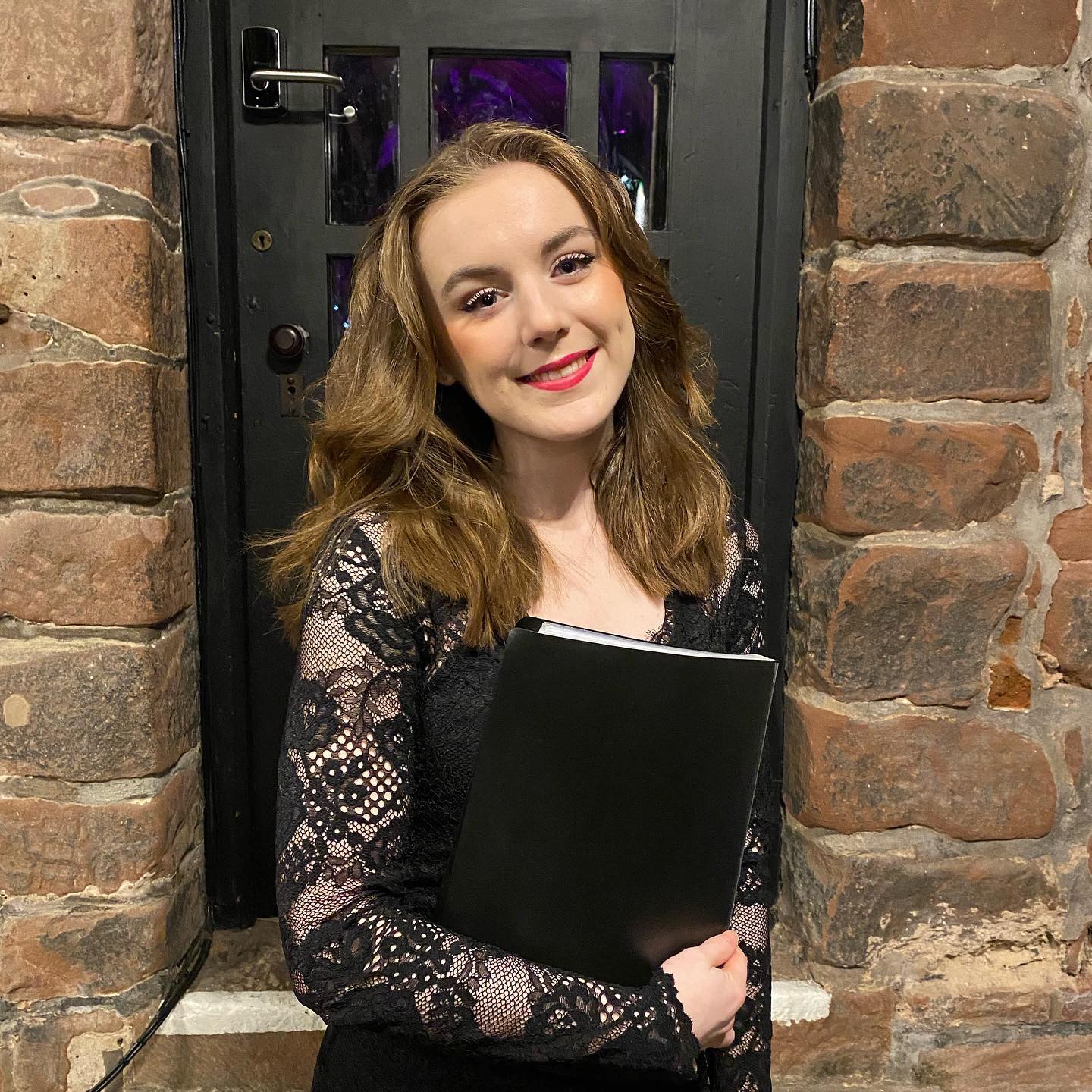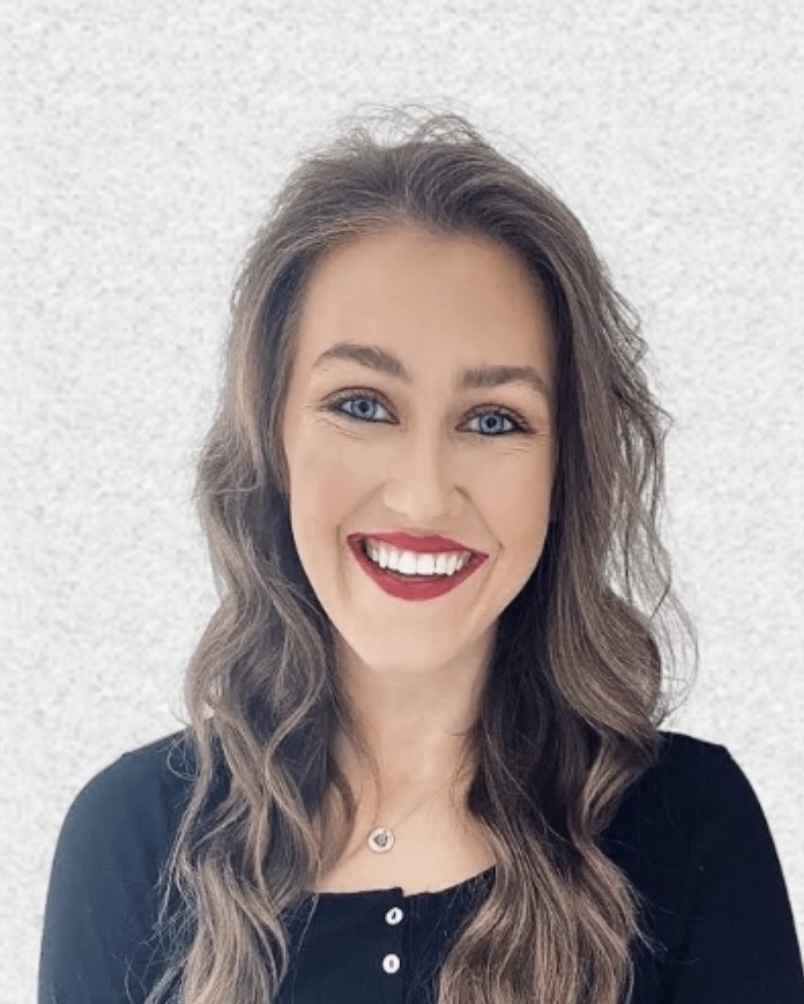
The Foundation Course
For those getting started and teachers who want to fill in the gaps
What does finding success as a singing teacher mean to you?
For many aspiring teachers, it signifies the confidence to work with a wide variety of students, understanding how to assess their singing voices, and delivering the most appropriate exercises and tasks to help them grow. It also involves continually improving your own singing voice, as you are a student of voice too. Many new singing teachers want to master the art of marketing and developing a professional, appealing online presence. Success means offering high-quality services to students no matter where you are, knowing when to refer students to specialized care, and ultimately feeling fulfilled by nurturing your students’ potential.
Whether you’re seeking to build an alternative income stream, transition from a performing career, or simply deepen your vocal knowledge, the BAST Training Foundation Course addresses the common challenges faced by singers turning to teaching. Learning the craft of teaching a singing lesson will boost your confidence, combat imposter syndrome, and provide you with the tools you need to deliver impactful and safe singing lessons, ensuring you can build a sustainable business. And for as long as you need us, BAST Training is here to support your journey, which commonly starts with the Foundation Course.
What's in the Foundation course
The Foundation Course is the evolution of our flagship 20-Hour course. We ran this course for 12 years, delivering it live in person and online. It became apparent that many people wanted to do the course but couldn’t make the course days and times, so we decided to take it online as a self-paced course. It has exactly the same content (with a few additions), but you can do it in your own time. We have three packages to suit different requirements and budgets.
The Foundation course will introduce you to the fundamentals of being a great singing teacher.
A structured, step-by-step program designed to help singers become skilled, confident, and successful vocal coaches. This course will help you learn everything we wished we’d known when we started out!
Our goal is to ensure you feel confident and equipped to get started on your singing teacher journey.
Content
- Basic functional anatomy and physiology of the larynx and respiratory system
- Teaching and learning styles, goals and methods
- Teaching tools – sounds, scales and instruction
- Assessment – vocal function, breath, posture etc
- Diagnosing technical issues
- Acquiring a good student history
- Voice classifications
- Vocal registers
- The transition (that bit between vocal registers)
- Using vowels and consonants as tools
- Intro to the science of vocal acoustics
- The teacher’s teaching tools – vowels, consonants, scales, feedback, instruction etc
- Vocal exercises – the what, how and when
- Transitioning the voice into song
- Repertoire selection
- Learning styles and teaching strategies
- Considerations in teaching children, teens, adults and the elderly
- Motivating students and yourself
- Vocal pathology how to recognise when a voice needs medical assessment and where to send the student
- Giving vocal health advice
- Setting up your studio
- Teaching online
- Good business practices
- Introduction to marketing your teaching practice
HAVE QUESTIONS?
Modules
The Foundation course consists of seven modules.
Explore the foundational aspects of becoming a singing teacher in this module. Discover why students seek vocal instruction, understand the role of the singing teacher, and learn the attributes necessary for success. Delve into the pros and cons of the career of a singing teacher and gain clarity through the “7 Questions” framework, designed to guide your career path. Whether you’re starting out or seeking clarity, this course provides valuable insights to kickstart your journey as a singing teacher.
2. Introduction to Vocal Functional Anatomy and Physiology
3. Introduction to Functional Assessment
In this module you will explore and understand functional assessment of the singing voice. Functional assessment focuses on being able to evaluate how the structures of the vocal instrument are working, are they balanced and easy, or imbalanced and causing issues with itch, tone, delivery or vocal health? In this module you will be guided thorough the assess processes step but step. You’ll be tuning in to anatomical structures and functions of the singing voice, particularly in relation to sound and pitch production.
4. Introduction to the Teaching Tools
In this module you will explore and understand the various teaching tools you have to help correct and assist a student to develop their singing voice. There are hundred of ways to address technical and developmental challenges of the singing voice. In this module you will lay a solid foundation that will serve you for the rest of your teaching career. In this module we will explore each tool individually what each tool is comprised of and some ways you might apply it in a lesson.
5. Giving A Lesson
In this module you will to learn how to deliver a structured student centred singing lesson. You will learn how to set up your studio, gather a relevant history, help the student set goals. You will explore a variety of teaching strategies and learning styles, compare differences between sexes and ages and how to maintain motivation to ensure you are able to effectively communicate and educate your students
6. Intro to Vocal Health and Pathology
In this module you will find out the common causes and types of vocal health issues a singer might experience, how to recognise when there’s an issue that needs addressing, when and where to refer the student to for medical assessment, treatment and advice and how to help the student prevent problems in the first place.
7. Setting Up Your Singing Teacher Business
Learning objectives
By the end of the seven modules, you’ll feel comfortable and equipped to start teaching one-to-one singing lessons, gaining the confidence and knowledge to take on paying students.
By the end of an individual module, you should have a basic grasp of the module’s topic.
Delivery
You will learn from self-paced, prerecorded video lessons, practical exercises, and downloadable resources.
There is an option to purchase access to the BAST Training Knowledge Hub, where there are masterclasses, educational videos, teaching clinics, the Vocal Warm Up course and more, as well as one-to-one mentoring.
Self-study
We encourage self-study. You are an adult, and we hope that you will put in the work required to get good at this job. Each topic has an accompanying pop quiz, and we have tonnes of suggested self-study activities and reading to recommend to go with the main topics.
Evaluation
There is no formal assessment made on this course. If this is something you’re looking for, the Level 5 Extended Diploma qualification includes formal assessment, with a total of 120 credits for the six-module course.
If you choose the Foundation Advance or Excel plan you will receive a Certificate of Completion on completion of the full course and mentoring.
Eligibility
We highly recommend you have the minimum of the following:
1. Up to three years of performance experience and/or a qualification in music/performance/singing from a recognised university or college.
2. Basic keyboard skills are preferred but not essential to get the best from the course. The Foundation course is accompanied by an introductory Keyboard & Scales course covering the piano notes, how to construct and play a major scale, its derivatives, major triads, arpeggios and the Extended Arpeggio (aka Long Scale, 1.5 Octave or Rossini scale). We believe to teach effectively, you need, at the very least, to be able to play scales, arpeggios and root-position chords. It is therefore highly recommended that non-players get some lessons to cover the piano basics.
3. Basic Music theory is preferred but not essential to do the course. You should be able to label all twelve note names, including the #’s and ♭’s, recognise a major triad, arpeggio, know the commonly used time signatures (2/2, 4/4, 3/4, 12/8), note and rest values plus their dotted values, triplet. All Major scales, triads and arpeggios. Note values: semiquaver (sixteenth note), quaver (eighth note), crotchet (quarter note), minim (half note) and semibreve (whole note), dotted and their rests.
Test yourself
Accompanying the basic Keyboard and Scales course is an evaluation test to help you evaluate where you are. Join The Knowledge Hub for free, and you will be able to access the course.
STILL NEED MORE INFORMATION?
Choose Your Path: Explore Our Three Levels for Every Budget and Goal!
FOUNDATION
FUNDAMENTAL
£729
- The Foundation Course (7 modules, 54 lessons + revision quizzes + support resources).
- Intro to Keyboard & Scales course (7 lessons) Value: £37
- Resources and references
- Discount offers Value £100+ pa
FOUNDATION
ADVANCE
£939
The Foundation Course (7 modules, 54 lessons + revision quizzes + support resources) Value: £729
- Resources and references
- 7 Advance Mentoring sessions with BAST mentors Kimberley or Alexa. Value: £180 Please note: Limited spaces available and the mentoring sessions must be completed within 6 months of purchase, after which the sessions will expire.
- Intro to Keyboard & Scales course (7 lessons) Value: £37
- Vocal Warm Up course (15 lessons) Value: £47
- Certificate of Completion
12 Months Free Access to The Knowledge Hub
- Masterclass Training Library. Value: £800+
- Teaching Clinics Library. Value £1000+
- 21 iSing magazine Issues plus accompanying webinars. Value £600
- Discount offers. Value £100+ pa
FOUNDATION
EXCEL
£1129
- The Foundation Course (7 modules, 54 lessons + revision quizzes + support resources) Value: £729
- Resources and references
- 7 Excel Mentoring sessions with BAST Trainers Line or Kaya. Value: £360 –Please note: Limited spaces available and the mentoring sessions must be completed within 6 months of purchase, after which the sessions will expire.
- Intro to Keyboard & Scales course (7 lessons) Value: £37
- Vocal Warm Up course (15 lessons) Value: £47
- Certificate of Completion
12 Months Free Access to The Knowledge Hub
- Masterclass Training Library. Value: £800+
- Teaching Clinic Library. Value £1000+
- 21 iSing magazine Issues plus accompanying webinars (21+ hours). Value: £600
- Discount offers. Value: £100+ pa
Please familiarise yourself with our Cancelation, Digital and Refund policy before purchasing








